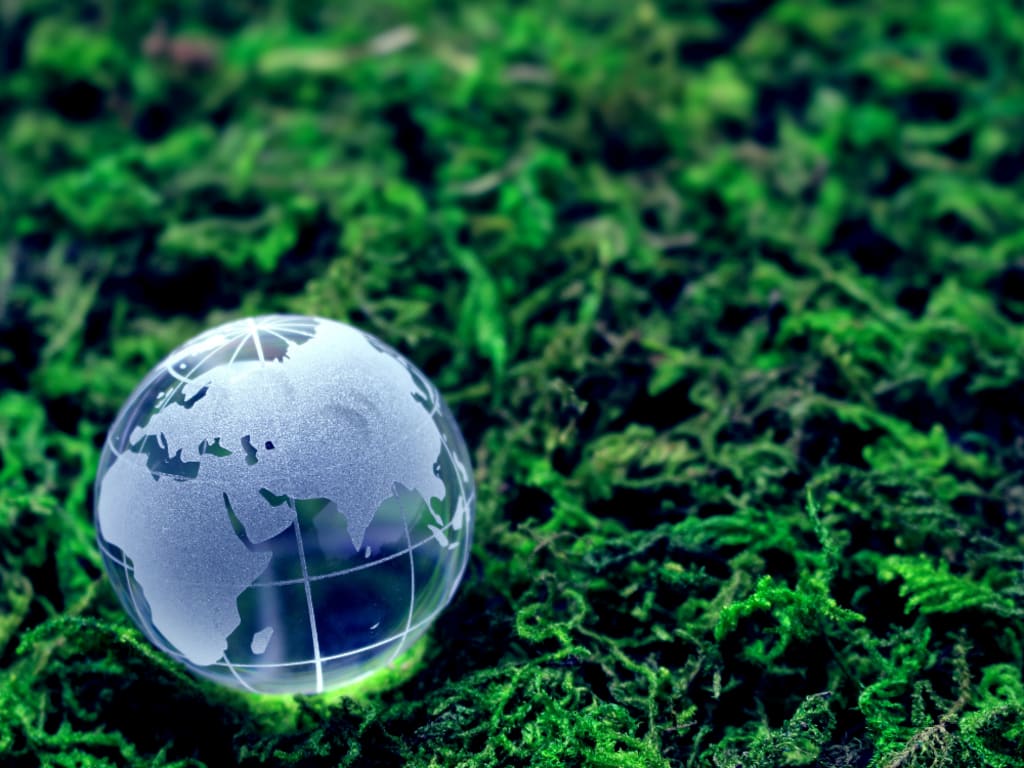Why Environmental Justice is a Human Rights Issue
Unveiling the Interconnection Between Environmental Justice and Human Rights

Environmental justice is a critical aspect of the broader human rights framework, as it addresses the unequal distribution of environmental burdens and benefits among marginalized communities. This article explores why environmental justice is inherently a human rights issue, examining the intersections between environmental degradation, social inequalities, and the violation of basic human rights. By recognizing and addressing these injustices, we can strive for a more equitable and sustainable world where every individual can enjoy a healthy environment and equal access to resources and opportunities.
Disproportionate Environmental Burdens
Environmental injustices often result in marginalized communities bearing a disproportionate burden of environmental degradation, pollution, and hazardous facilities. These communities, predominantly composed of low-income individuals and people of color, face increased exposure to toxic substances, air and water pollution, and the health risks associated with them. This unequal distribution of environmental burdens violates the fundamental human right to a safe and healthy environment.
Environmental Racism and Discrimination
Environmental justice issues are closely intertwined with systemic racism and discrimination. Historically, marginalized communities have been intentionally subjected to environmental hazards, such as toxic waste sites and industrial facilities, due to discriminatory practices in siting decisions. This environmental racism perpetuates social inequalities and reinforces patterns of discrimination, denying affected individuals their right to a life free from discrimination and equal protection under the law.
Right to Health and Environmental Impacts
Environmental degradation and pollution have profound impacts on public health, particularly in marginalized communities. Exposure to toxic pollutants and hazardous substances can lead to adverse health outcomes, including respiratory diseases, cancer, neurological disorders, and reproductive problems. These health disparities violate the right to the highest attainable standard of physical and mental health, as stated in international human rights instruments.
Indigenous Rights and Land Dispossession
Indigenous communities, who often have deep connections to their lands and ecosystems, disproportionately experience the loss of ancestral territories and natural resources due to unsustainable development practices. The violation of indigenous rights and land dispossession infringes upon their right to self-determination, cultural identity, and traditional livelihoods. Recognizing and respecting indigenous rights is crucial for ensuring environmental justice and protecting indigenous peoples' rights to their lands, territories, and resources.
Access to Clean Water and Sanitation
Access to clean water and sanitation is a basic human right, yet many marginalized communities lack these essential services. Environmental pollution, water scarcity, and inadequate sanitation facilities disproportionately affect marginalized populations, denying them their right to safe drinking water and sanitation. Ensuring equitable access to clean water and sanitation is fundamental to achieving environmental justice and upholding human rights.
Right to Housing and Displacement
Environmental injustices often result in forced displacement and the violation of the right to adequate housing. Disadvantaged communities, particularly those residing in vulnerable areas such as floodplains or areas prone to natural disasters, face increased risks of displacement due to climate change impacts or development projects that prioritize economic interests over human rights. Protecting the right to housing and preventing forced evictions are essential elements of environmental justice.
Climate Change and Human Rights
Climate change exacerbates existing inequalities and human rights challenges, amplifying the urgency of addressing environmental justice. The impacts of climate change, such as extreme weather events, sea-level rise, and ecosystem disruption, disproportionately affect marginalized communities who have contributed the least to greenhouse gas emissions. Ensuring a just transition to a low-carbon economy and supporting climate adaptation measures are crucial for protecting human rights and achieving environmental justice.
Public Participation and Access to Information
Environmental justice entails meaningful public participation in decision-making processes that affect the environment and human well-being. Marginalized communities often face barriers to participation, including limited access to information, language barriers, and unequal power dynamics. Upholding the right to participation and access to information empowers communities to voice their concerns, contribute to decision-making processes, and hold governments and corporations accountable for environmental injustices.
Intersectionality and Multiple Forms of Discrimination
Environmental justice recognizes the intersectionality of social inequalities and multiple forms of discrimination. Marginalized communities may face intersecting forms of discrimination based on race, gender, socioeconomic status, age, or disability, exacerbating environmental injustices. An inclusive and intersectional approach to environmental justice ensures that the experiences and needs of all individuals and communities are recognized and addressed.
Collective Action and Solidarity
Achieving environmental justice requires collective action, solidarity, and the empowerment of affected communities. It involves forming alliances between diverse stakeholders, including grassroots organizations, civil society, indigenous groups, and human rights advocates. By working together, we can challenge systemic inequalities, demand accountability, and advocate for policies and practices that uphold environmental justice and human rights.
Enjoyed the read? Show your support for my future pieces with a small contribution. Every gift counts!
About the Creator
Gokhan Polard
As an experienced ERC Referral Specialist, my primary dedication lies in assisting businesses in the journey towards financial success. https://ercsolutionshub.com/
Enjoyed the story? Support the Creator.
Subscribe for free to receive all their stories in your feed. You could also pledge your support or give them a one-off tip, letting them know you appreciate their work.






Comments
There are no comments for this story
Be the first to respond and start the conversation.